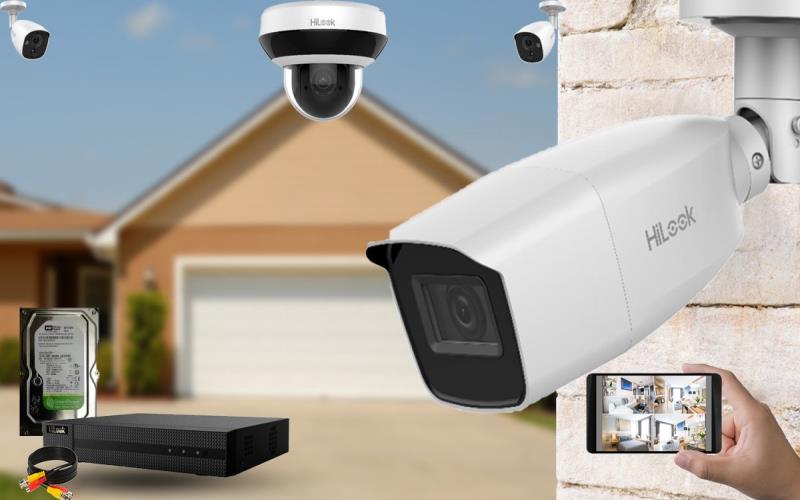With the increasing importance of security and surveillance, the CCTV market in the UK has expanded significantly, offering a wide range of options for buyers. However, choosing the right CCTV system can be a daunting task. This article serves as a guide to help you navigate the CCTV market in the UK and make the best purchase decision for your specific needs.
1. Assess Your Security Needs:
Before delving into the market, assess your security needs thoroughly. Determine the areas you want to monitor, the level of coverage required, and the specific security concerns you aim to address. Consider factors such as indoor or outdoor surveillance, daytime or nighttime monitoring, and any additional features you might need, such as facial recognition or remote access.
2. Understand Different CCTV Systems:
Familiarize yourself with the different types of CCTV systems available in the market. Common options include analog, HD analog, and IP-based systems. Analog systems are affordable but offer lower resolution, while HD analog systems provide higher resolution and compatibility with existing coaxial cabling. IP-based systems offer superior image quality and scalability but may require additional network infrastructure.
3. Camera Selection:
Choose cameras that suit your surveillance requirements. Consider factors such as camera type (dome, bullet, PTZ, etc.), resolution (measured in pixels), lens type (fixed or varifocal), and special features like infrared (IR) for night vision. Higher-resolution cameras provide clearer images, while varifocal lenses offer flexibility in adjusting the camera’s field of view.
4. Recording and Storage Considerations:
Evaluate the recording and storage options offered by CCTV systems. Based on your camera type, determine which CCTV Recorder you prefer. DVR (Digital Video Recorder) or NVR (Network Video Recorder) which one do you choose? Consider the number of camera channels supported, recording resolution, frame rate, and storage capacity. Ensure the system offers ample storage for your desired duration of video retention.
5. Video Analytics and Smart Features:
Explore CCTV systems with advanced video analytics and smart features. These can include motion detection, facial recognition, intrusion detection, and people counting. Assess whether these features align with your security objectives and if they provide added value to your surveillance system. Consider the ease of configuration and customization options for these capabilities.
6. Evaluate Brands and Suppliers:
Research reputable brands and suppliers in the UK market. Look for manufacturers with a strong track record of quality, reliability, and customer support. Read reviews, seek recommendations, and compare product warranties and after-sales services. Opting for established brands ensures a higher likelihood of obtaining a reliable and well-supported CCTV system.
7. Budget Considerations:
Set a realistic budget for your CCTV system. Consider the total cost, including cameras, recorders, storage devices, cables, and installation. Be cautious of extremely low-cost options, as they may compromise on quality and performance. Strike a balance between your budget and the level of security features and functionality you require.
8. Installation and Support Services:
Consider professional installation services to ensure proper setup and configuration of your CCTV system. Some suppliers offer installation services, while others can recommend trusted installers. Additionally, evaluate the customer support provided by the supplier, including technical assistance, warranty coverage, and software updates.
9. Compliance with Data Protection Regulations:
Ensure that the CCTV system you choose complies with data protection regulations, such as the UK’s General Data Protection Regulation (GDPR). Verify that the system provides options for secure data storage, access controls, and privacy features to protect the rights and privacy of individuals captured by the CCTV system.
Conclusion:
Buying CCTV systems in the UK requires careful consideration of your security needs, understanding different CCTV systems, selecting appropriate cameras, evaluating recording and storage options, exploring video analytics and smart features, researching reputable brands and suppliers, setting a realistic budget, and considering professional installation and support services. By following these guidelines, you can make an informed purchase and select a CCTV system that best meets your security requirements in the UK.

